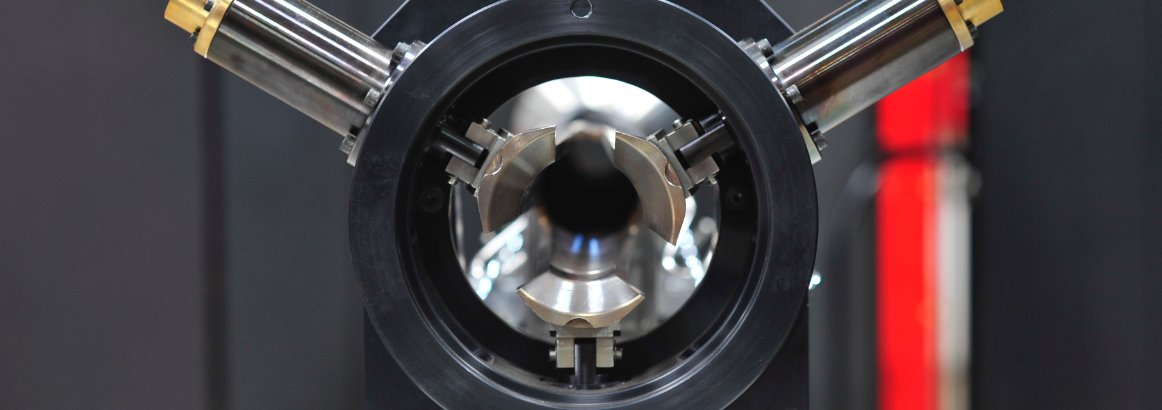The wearing of the thermal sleeve flange against the control rod drive mechanism (CRDM) penetration tubes is a known aging phenomenon experienced in some Westinghouse nuclear steam supply system (NSSS) and other similarly designed plants.
However, severe instances of wear may cause the thermal sleeve flange to separate from the thermal sleeve tube and become oriented in a way that could interfere with control rod movement. Depending on the plant mode when this occurs, this disruption could lead to either an extended or unplanned outage.
Westinghouse provides a full range of traditional and advanced inspection, engineering evaluation and replacement services to help your plant maintain safe and efficient operations.
Inspection and Engineering Evaluation
Our innovative Rov-A-Scan laser scanner system can collect measurement data used to determine the remaining wear life of the thermal sleeve flange without the need for manual repositioning of the system under the reactor vessel head, reducing dose exposure and increasing cost savings.
Westinghouse has developed generic acceptance criteria applicable to most of the Westinghouse NSSS fleet and can perform evaluation of the measurement data collected during the laser scan. Using plant-specific design inputs, Westinghouse can expand the generic acceptance criteria to help maximize the margin in projected remaining wear life of the thermal sleeve flange.
Replacement
When replacement is required, Westinghouse offers temporary and long-term maintenance solutions that protect your plant and your outage schedule.
Our Compressible Thermal Sleeve provides a quick and cost-effective alternative to the conventional replacement, which requires cutting and re-welding the pressure boundary to facilitate removal of the CRDM. Offering an expected wear life of more than approximately ten effective full-power year, this solution helps get your plant back online faster without comprising safety or quality.
Our Long-term Thermal Sleeve solution goes beyond reactive repair to mitigate the source of thermal sleeve wear. To avoid schedule impact our teams provide a staged approach for these replacements over a series of outages, prioritizing high and medium susceptible thermal sleeves. We partner with utilities to help identify a strategic and flexible methodology that best fits their needs, including proactive replacements.
By combining our proven experience with the latest advancements in technology and techniques, Westinghouse is prepared to address both expected and urgent thermal sleeve wear concerns.



